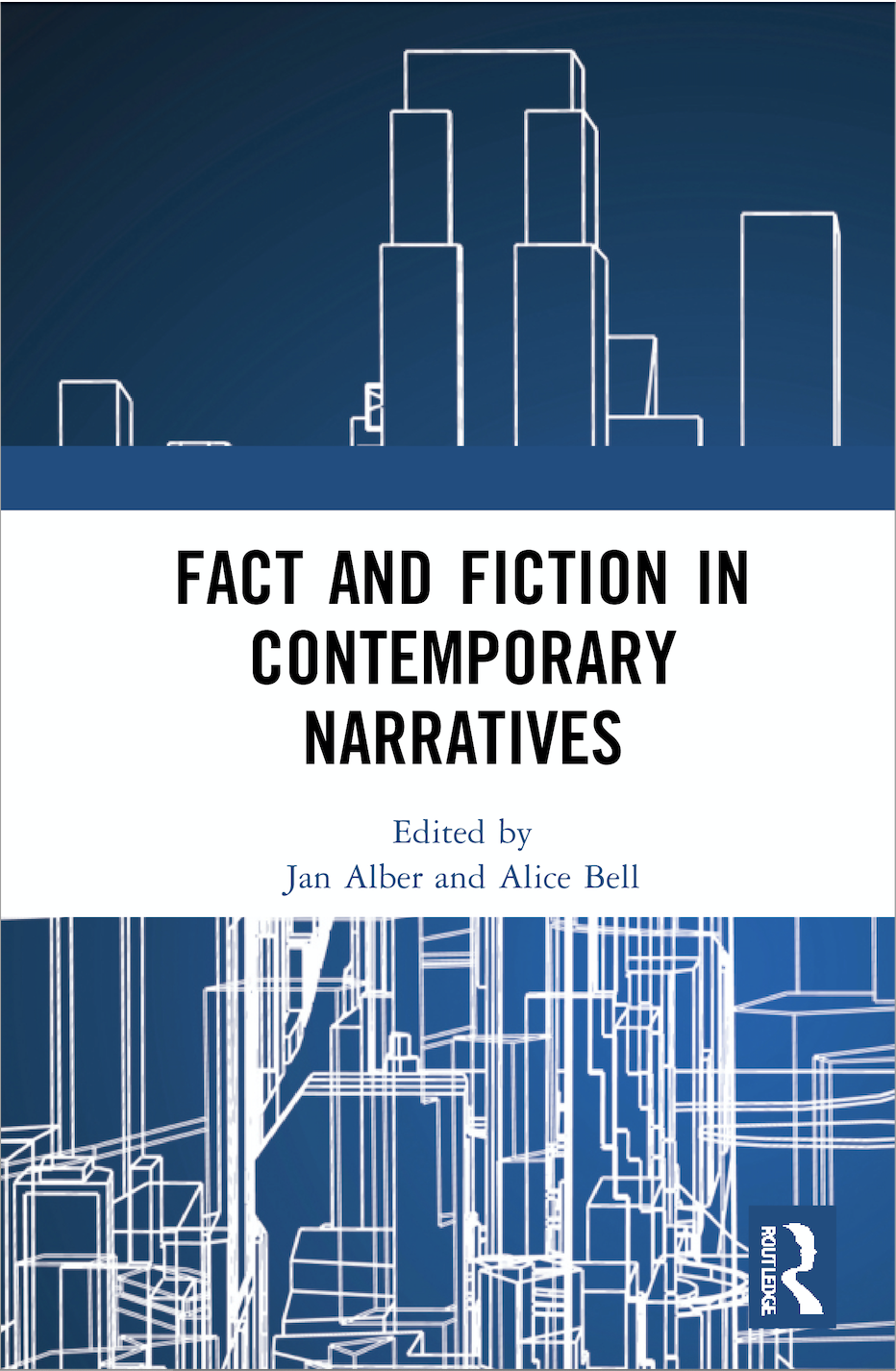
Fact and Fiction in Contemporary Narratives
Jan Alber, Alice Bell (ed.)
ISBN 9780367764937
Routledge
132 Pages
£120.00
PRESENTATION
This book explores the complex interrelationship between fact and fiction in narratives of the twenty-first century.
Current cultural theory observes a cultural shift away from postmodernism to new forms of expression. Rather than a radical break from the postmodern, however, postmodernist techniques are repurposed to express a new sincerity, a purposeful self-reflexivity, a contemporary sense of togetherness and an associated commitment to reality. In what the editors consider to be one manifestation of this general tendency, this book explores the ways in which contemporary texts across different media play with the boundary between fact and fiction. This includes the examination of novels, autobiography, autofiction, film, television, mockumentary, digital fiction, advertising campaigns and media hoaxes. The chapters engage with theories of what comes after postmodernism and analyse the narratological, stylistic and/or semiotic devices on which such texts rely.
The chapters in this book were originally published as a special issue of the European Journal of English Studies.
Table of Contents:
Introduction – The importance of being earnest again: fact and fiction in contemporary narratives across media
Jan Alber and Alice Bell
1. The return of the ‘real’ in Ali Smith’s Artful (2012) and How to Be Both (2014)
Yvonne Liebermann
2. Realism for the post-truth era: politics and storytelling in recent fiction and autobiography by Salman Rushdie
Julia Hoydis
3. Reality beckons: metamodernist depthiness beyond panfictionality
Alison Gibbons, Timotheus Vermeulen and Robin van den Akker
4. ‘Just because it isn’t happening here, doesn’t mean it isn’t happening’: narrative, fictionality and reflexivity in humanitarian rhetoric
Stefan Iversen
5. Fictional characters in a real world: unruly fictionalised encounters in Borat, The Ambassador, and the Yes Men’s media hoaxes
Louise Brix Jacobsen
6. Changing dominants, changing features? The fiction/nonfiction distinction in contemporary literary and Instagram narratives
Virginia Pignagnoli